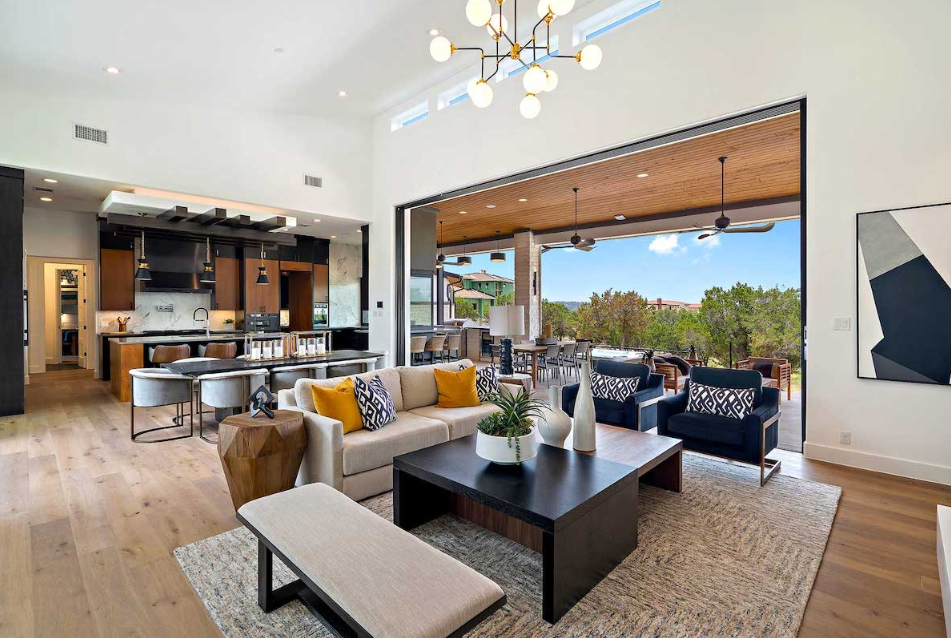Many people, including scholars, confuse a house decorator and a designer, as they assume these titles are synonymous. This research-backed article will explain the glaring dissimilarities between these two professionals.
3 Differences Between an Interior Designer and a Home Decorator
1. Educational history
Home interior designers must undergo training in house designing with computer-aided designs. Ordinarily, this course can take between 2 and 4 years, depending on the institution one enrolls in and the learning mode.
On the other hand, home decorators don’t need formal training as they focus on aesthetics only.
2. Duties
Designers analyze the homeowner’s preferences and suggestions to achieve the best interior layout. They can use modern technology and research to unearth the most suitable plan for their client.
Contrarily, decorators’ central role is to work with a house painter to determine the perfect interior color. Further, they can suggest perfect furniture designs to spruce up the client’s house.
3. Hourly rate
Home designers make more money as they undergo training and can provide more services, including detailing. On the other hand, decorators’ primary job is to choose paint color, art, and furniture.
As a result, they pocket a much lower hourly payment for their services.
Why Are House Decorators So Good at Their Job?
Below are the qualities that make this professional appealing to the clients.
Observation skills
This expert usually visits the house and checks out all the rooms to see and learn the client and their family’s preferences. Consequently, they can correctly select suitable furniture, lighting, and floor covering.
Interpersonal skills
Home decorators take adequate time to interact with the clients to know their preferences and needs. For this reason, they can assist them in selecting the most suitable color, paint color, and artwork.
Planning
Habitually, these decorators make a well-thought-out plan of the house based on its size. Therefore, they can tell how many seats, indoor plants, or lights the client will require.
Creativity
This quality is needed for a house decorator to adapt to clients’ varying preferences or requirements. Further, they must create a plan that works well with the stated needs and expectations.
Organizational skills
This expert is well-organized to ensure they finish a decoration project on time. Clients rarely complain of delays, as they plan and commit to completing the work.
Summary
A professional house decorator can help a client choose indoor plants, lighting, and furniture. Furthermore, they can also purchase these materials on their client’s behalf to negotiate cost-effective prices.

